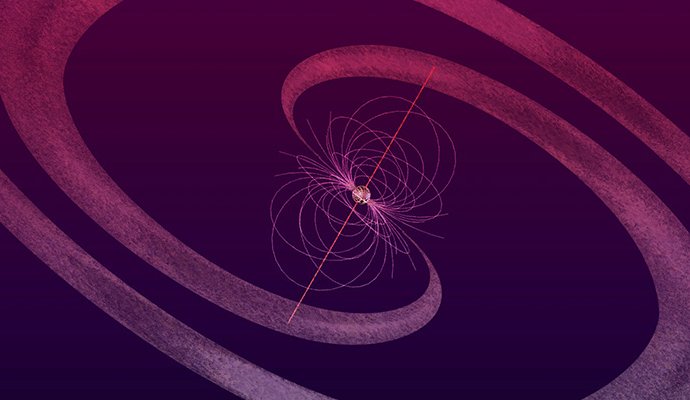
What is University Physics?
Physics represents an inquiry, both theoretical and experimental, into the nature of the physical universe.
- The theoretical approach involves constructing and exploring abstract models of nature.
- The experimental approach involves investigations of physical systems that provide avenues for evaluating theories and for suggesting new theories.
Taken together, theory and experiment aim at the construction of a single, compact and far-reaching conceptual framework that accounts for all properties of the physical universe.
The physics curriculum at Lawrence is structured to help the student develop a firm grasp of the important theories and a secure competence in contemporary experimental techniques. Requirements for the major reflect this structure.
- On the theoretical side, the major moves from a general survey to more detailed intermediate courses to advanced electives, culminating in a theoretical Senior Experience project.
- On the experimental side, the major moves from a study of standard techniques of data analysis to an intermediate laboratory in electronics to a project-oriented advanced laboratory, possibly culminating in an experimental Senior Experience project.
Throughout the curriculum, contemporary computational approaches to problems in physics play a significant role alongside the traditional approaches.
Prospective engineers will find that a major in physics automatically fulfills nearly all of the requirements for Lawrence’s 3-2 engineering program.
Students who have strong secondary interests in biology, chemistry or geology may construct majors involving physics and one of the other three natural sciences, using the interdisciplinary major in the natural sciences.











